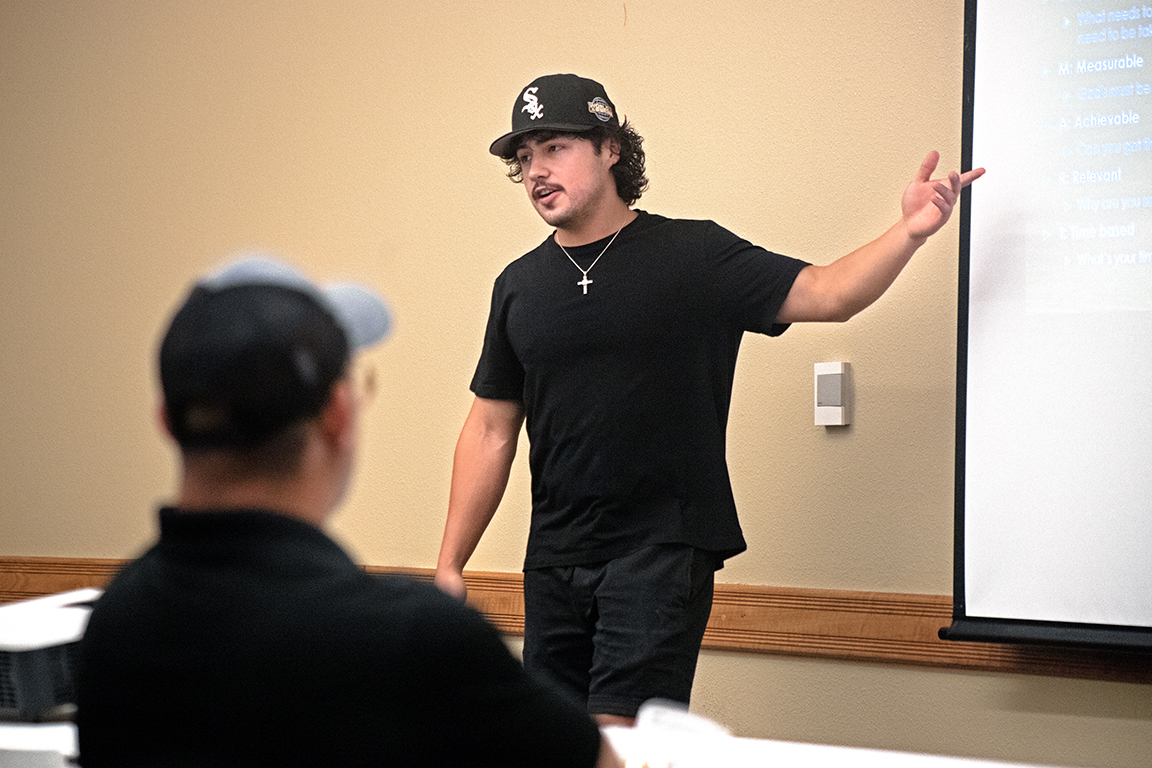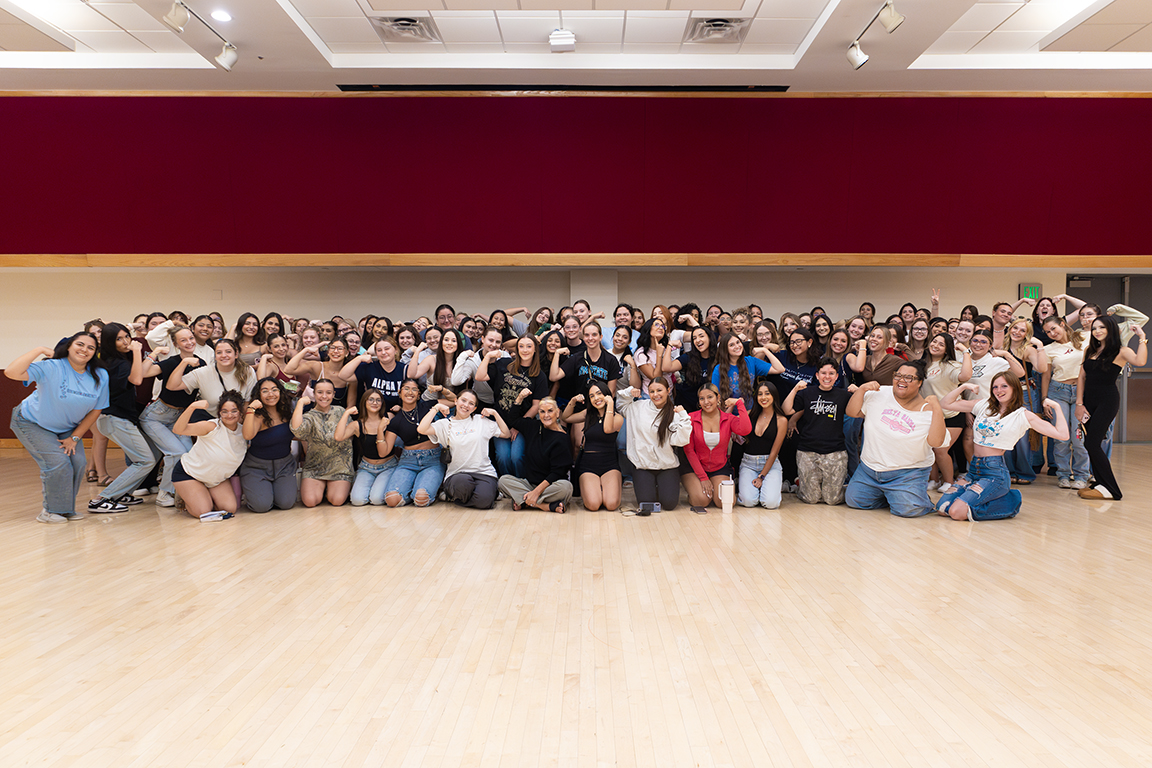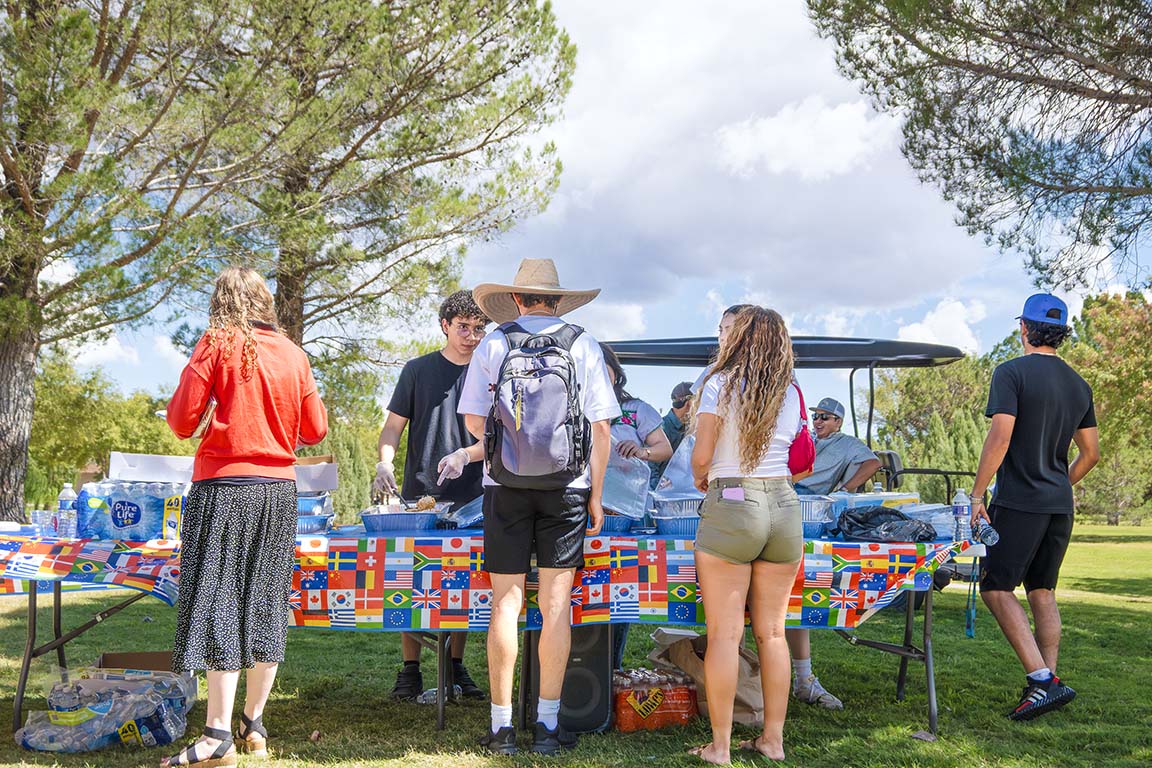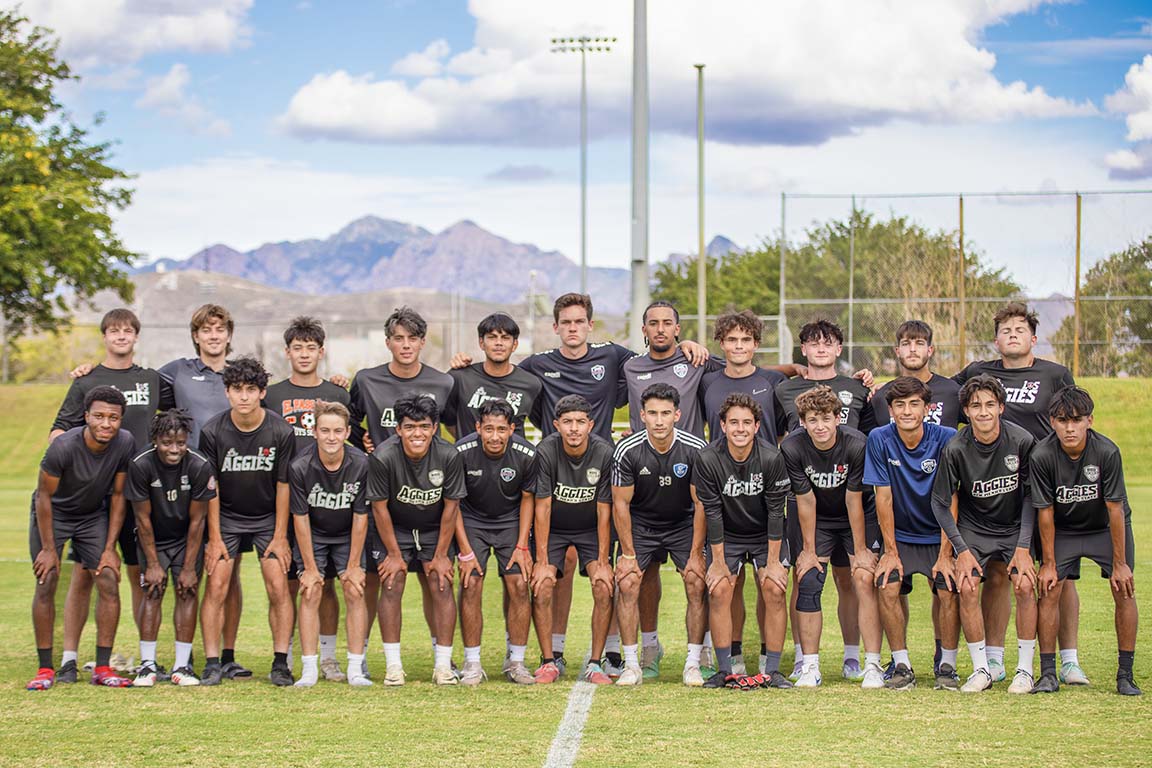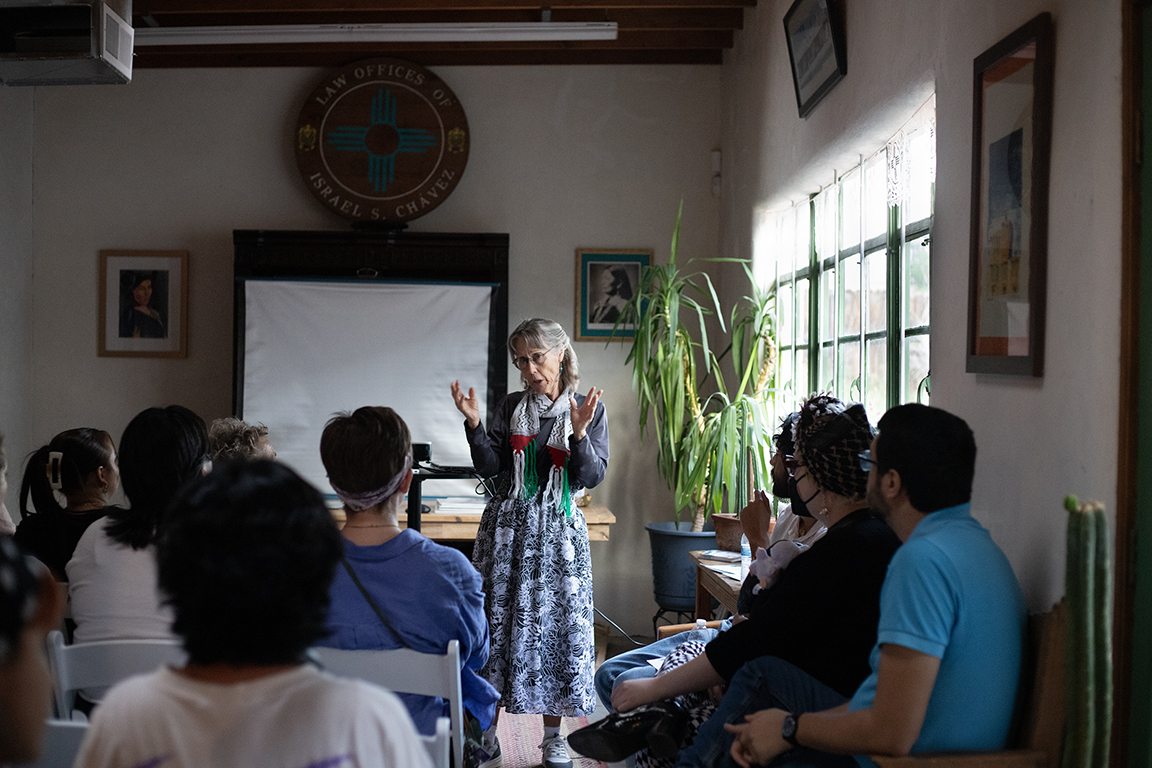Growing up comes with a set of challenges that may seem impossible to get through, but Nusenda Center for Financial Capability has stepped up to aid students, faculty, and staff through the adulting journey.
Adulting 101 is part of a financial workshop series aimed at assisting with monetary management and budgeting. The event was held on Tuesday, September 26 at Otero Room on the first floor of Corbett Center Student Union.
The event was made possible through the TRIO SSS Grant Aid Eligibility Workshops. This workshop simplified the concept of financial literacy, helping in the often-stressful journey of learning to become an adult and assuming all its responsibilities.
The workshop was imparted by finance student and Nusenda employee, Javier Valenzuela.
“It is important to prepare for the reality of being an adult,” Valenzuela expressed after providing attendees with an expense’s worksheet.
Adulting is defined as the act or practice of attending to the ordinary tasks required of a responsible adult. Independence is at the core of this process.
Autonomy can be achieved by learning how to manage money, making sure an emergency savings account is set up, and acquiring life insurance. “It is like a diet,” Valenzuela humorously said.
According to a new Bankrate’s survey, 57% of US adults are not able to cover a $1,000 bill. Emergency funds should cover at least six months, so it is key to learn how to prioritize savings and properly manage money.
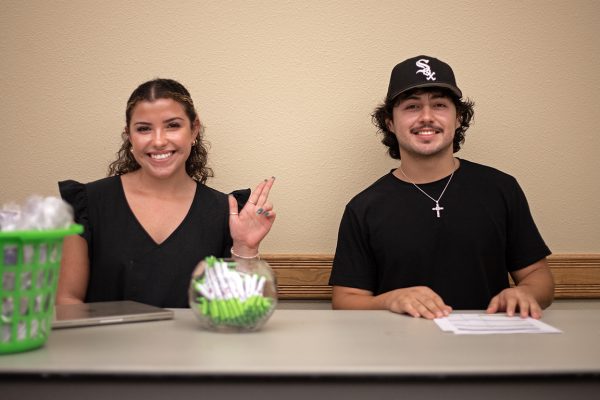
Many people are familiar with the feeling of not having a clue where their money goes, and several financial studies demonstrate that consumers tend to spend more than they earn.
When living paycheck-to-paycheck, having easy access to savings becomes crucial. According to LendingClub, this practice is done by 46% of consumers who have savings accounts.
“Most majors don’t have classes that discuss finances, but exposure is important,” Valenzuela said.
One key element discussed in the workshop is the “50, 30, 20 rule”. This budgeting strategy is one of the basic financial principles highly recommended for beginners.
While there are distinct levels of budgeting that may vary in complexity, this rule is simple. From your paycheck, 50% should be allotted to needs, 30% to wants and the remaining 20% to savings and/or investments.
Another important milestone discussed in the workshop was establishing credit. A Nusenda-recommended website to venture into secure credit card selection for students is NerdWallet.
Setting goals, planning, recording progress and committing will become the foundation to ease the navigation through adulthood.
It is often easier said than done, but learning how to set goals is a craft that will be mastered through commitment and repetition following a set of principles. As explained by Valenzuela, a goal should be specific, measurable, achievable, relevant and time-based (also commonly known by the acronym S.M.A.R.T.).
Without a doubt, adulting is hard but as Valenzuela stated, failure is the greatest teacher and investing should always be a priority.


